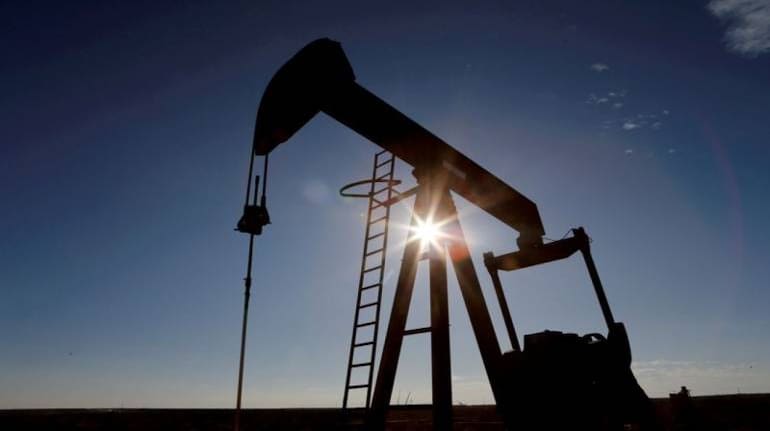



A slight jump in oil prices on December 18 amid clashes in the Suez Canal could be temporary, as demand still remains subdued, say analysts.
The benchmark Brent crude rose 0.8 percent to $77.18 a barrel, as major shipping firms said they would be avoiding the route.
"We don't expect a sustained impact (on oil prices) unless there is a larger escalation. This spike is triggered by a rebel attack and is unlikely to continue. We don't expect prices to go beyond $78 a barrel," said Suman Chowdhury, Chief Economist and Head, Research, Acuité Ratings & Research.
The Red Sea is a crucial global trade artery, accounting for 10 percent of the world's oil, grain, and consumer goods shipments. However, risks to shipping in the route ratcheted up in the wake of the Israel-Hamas war, after Iran-backed Houth rebels in Yemen attacked ships headed for Israel, in support of Palestinians.
With regard to prices, analysts are monitoring the strong non-OPEC supply growth amid a slow recovery in demand. "After years of turbulence, global markets are still striving to find sustainable balance between energy supply and demand. A decelerating macroeconomic framework is adding headwinds to already slowing energy demand growth, while geopolitical events in several regions either reduce energy supply, or raise the risk of supply disruptions," S&P Global said in a note on December 18.
So far, oil markets have shrugged off the recent Houthi attacks, but concerns mount as the attacks have escalated sharply. According to reports, the Houthis attacked the Liberian container ship Al Jasrah on December 15th, in a sign that the attacks have widened beyond vessels with significant business ties to Israel. The group launched two ballistic missiles at the MSC Palatium III, one of which hit the vessel.
"This is only a temporary situation and crude is rising due to multiple other factors, Russia has announced additional cuts in December, which is contributing to the rise in prices," said Swarnendu Bhushan, Co-Head of Research, Prabhudas Lilladher.
The attacks led shipping giants Hapag-Lloyd and Maersk to pause operations. MSC, the world’s largest cargo shipping company, said it will not transit the Suez Canal eastbound and westbound after its container ship, the Palatium III, was attacked. The vessel suffered limited fire damage and has been taken out of service, MSC said in a statement.
What does this mean for India?
India, the world's third-largest importer of crude oil, imports the commodity from countries like the UAE, Iraq, Saudi Arabia, Russia etc. India’s oil import basket has gone through significant changes in the last two years.
Most of the crude from UAE, Saudi Arabia, and Iraq is shipped through the Strait of Hormuz, while Russia uses the Northern Sea Route for its exports to India. These lanes are largely immune to supply risks arising from the situation in the Red Sea.
India's crude imports from the UAE have increased sharply in recent months amid narrowing discounts on Russian crude and production cuts from Saudi Arabia. Russia, which used to provide only 0.2 percent of India’s crude imports before the Russia-Ukraine war, emerged as the largest supplier to the country, accounting nearly 40 percent imports, after the war .
Commenting on the current geopolitical risk, Chowdhury said, " I don't see any impact on Indian imports unless there is a major escalation."
Further, analysts say that rising crude prices, if any, won’t impact the Indian economy as the state-run oil marketing companies (OMCs) have held on to the domestic prices.
"There won't be much of an impact on the OMCs or the economy. If the prices rise substantially, the OMCs’ profits would decline slightly," said Bhushan. "There may be a moderate impact on oil prices because global inventories are still adequate, and demand is still not strong," Chowdhury added.
Discover the latest Business News, Sensex, and Nifty updates. Obtain Personal Finance insights, tax queries, and expert opinions on Moneycontrol or download the Moneycontrol App to stay updated!
Find the best of Al News in one place, specially curated for you every weekend.
Stay on top of the latest tech trends and biggest startup news.